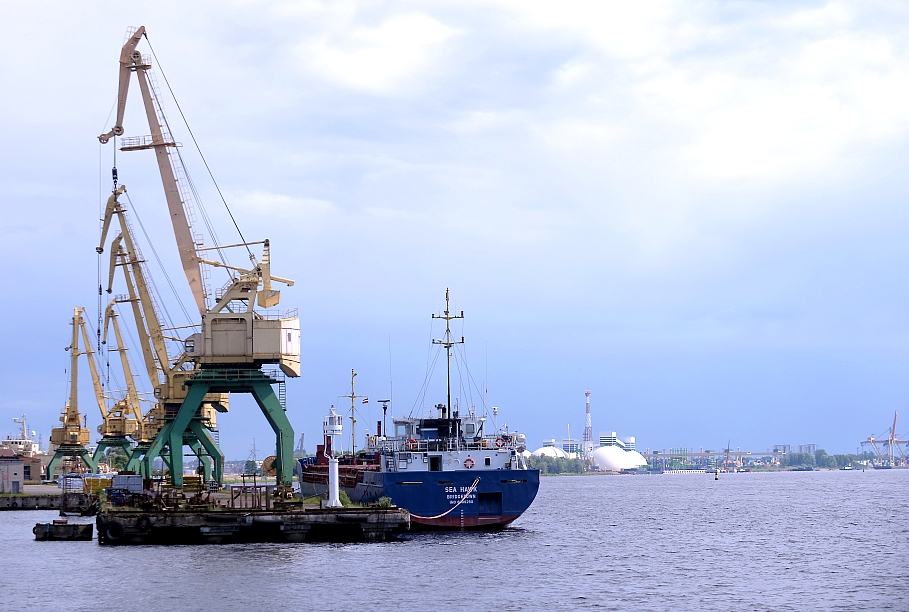Latvia is dragging its feet on plans to reform state-owned companies with political interference a factor, the report said:
"The state-owned enterprise management reform is key. It was promised to be in force by early 2014 in the Eurogroup commitment letter of June 2013 in the context of Latvia’s euro accession... In order to comply with the OECD accession requirements, the framework law was adopted in the final reading on 16 October 2014.
"The actual implementation, including the adoption of necessary secondary legislation and modalities for establishing a centralised state-owned enterprise manager within the State Chancellery is still due. Despite a new instruction by the Cabinet of Ministers, there are doubts selection of boards of directors of state-owned enterprises can be shielded from political interference."
The major ports, which play a crucial role in Latvia's economy, provide further evidence of unwillingness to implement real reform, the report suggests:
"According to the 2014 World Bank study on the performance of the three main Latvian ports, the competitive position of the sector could be improved through better cost and revenue management, more efficient land management, improved land connectivity and supply chain functioning. However, the authorities have not taken any significant measures in this regard."
Another example of the reluctance of officials to loosen their grip on power comes with the Competition Council where concerns are raised about "the effectiveness and impartiality of the Competition Council" and its "lack of institutional independence."
The anti-corruption force is also singled out: "Internal tensions have destabilized the work of the Corruption Prevention and Combating Bureau. The guidelines for the prevention and combating of corruption expired in 2013 and have not been renewed."
"The conflict-of-interest system for public officials is complex and rigid and prioritizes formalistic compliance over assessing the merits of individual cases."
But perhaps the most notable missed target comes in the area of Research and development (R&D), where spending is jut 0.6% of GDP against a target of 1.5% of GDP by 2020.
The Commission expects GDP growth of 2.9% in 2015 and 3.6% in 2016.
"Labour tax reforms are not sufficiently targeted at reducing the high tax wedge on low-income earners," the report said, warning that the credibility of medium-term budgetary plans is hampered as revenue and expenditure measures are not spelled out.
"Important challenges are the capacity of the social safety net, the access to healthcare for vulnerable groups and a sufficient labour supply. The social safety net is not sufficiently strong, pension adequacy is at risk and the financing and coverage of active labour measures is inappropriate."
Finally, for the full opening of the gas market from April 2017 to take place as promised, regulatory and ownership issues would need to be settled "over the coming months."
The EU's 'to do' list is strikingly similar in many respects to another report released by the Organization for Economic Coperation and Development (OECD) last week.
The full report can be read here.






























